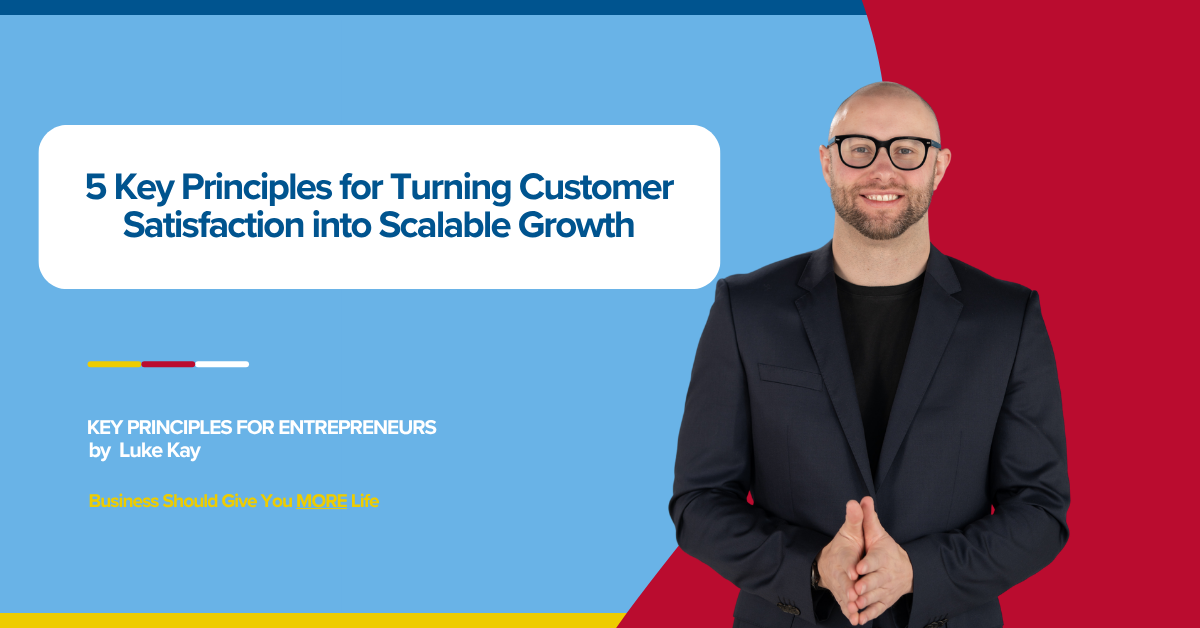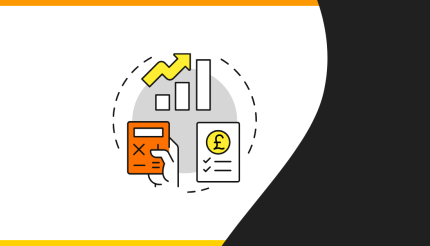I’ve lost count of how many business owners tell me they give “great customer service” just because they’re friendly, deliver what was ordered, and send a quick thank-you.
That’s not service, that’s the bare minimum.
Customers don’t stick around because you did what they paid for. They stay because the experience was easier, smoother, faster, warmer, or just more impressive than they expected.
And here’s the kicker: those “wow” moments don’t just happen by chance. They come from good systems, clear habits, defined processes, and careful attention.
Let’s break down five principles that actually create scalable loyalty, with real UK business case studies to show how it works in practice.
Key Principle #1: The Customer Experience Starts Before the Sale
Most people think customer service starts after the sale. But really, it kicks in the second someone lands on your website, sends a DM, or picks up the phone. If that first touchpoint is slow, confusing, or messy, you’re already losing ground. People won’t wait around — your competitor will.
Key Principle #1 Case Study: EcoGlow Lighting
EcoGlow Lighting were brilliant once someone became a customer. The problem? A lot of potential clients never made it that far. Enquiries were coming in through the website and email, but many went unanswered for 24–48 hours.
Not because the team didn’t care — they were busy and had no system to manage leads. So prospects drifted off or went elsewhere. EcoGlow assumed it was a “marketing problem,” but the real issue was response time.
They mapped the entire pre-sale journey — website enquiry, reply, follow-up, quote, and booking — and set a two-hour response rule with an automatic acknowledgment. Within two months, enquiry-to-sale conversion jumped 27%, without touching pricing, ads, or products.
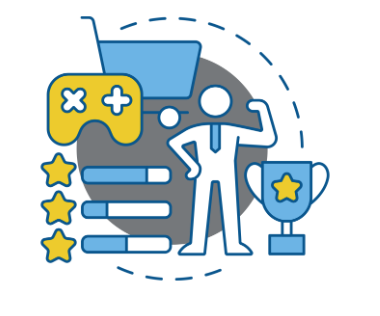
Key Principle #2: Systemise, Don’t Scramble
A great customer experience isn’t about heroic effort — it’s about reliable systems. If your sales, delivery, and payment processes rely on memory, favors, or “who’s free this week,” consistency will always be a problem.
Key Principle #2 Case Study: The Bristol Kitchen Co.
The Bristol Kitchen Co. looked successful on the outside, but behind the scenes, everything ran on improvisation. Quotes, delivery schedules, and payments lived in staff heads or random WhatsApp messages.
Projects dragged. Follow-ups were missed. Some customers had to chase updates on their kitchen fittings. Not ideal when charging premium prices.
The team finally created three core processes: one for sales and quoting, one for installations, and one for invoicing. They plugged it into a simple CRM so no task got lost. Result? Projects finished two weeks faster on average, and complaints all but disappeared.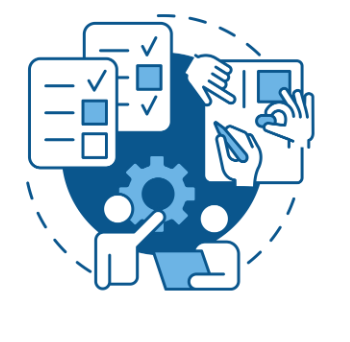
Key Principle #3: Track the Experience with KPIs
If you’re not measuring, you’re guessing. You might assume customers are happy or referrals are high, but assumptions rarely match reality. KPIs don’t make things boring — they make them visible.
Key Principle #3 Case Study: Fit4All Gyms
Fit4All assumed members were happy because no-one was complaining. But renewals were dipping and referrals had slowed.
They introduced KPIs — response times, onboarding completion, renewal rates, and referral numbers. The gaps became clear. Once the team addressed them — improving the welcome process, adding follow-ups, and building referrals into the journey — retention rose 18% in three months, and referrals picked up.

Key Principle #4: Train People to Deliver the Process
Even the best process fails if nobody follows it. Most businesses assume staff “just know” what good service looks like, and that’s where inconsistency sneaks in. Clear training turns expectations into standards.
Key Principle #4 Case Study: North Coast Pet Supplies
North Coast Pet Supplies had a friendly team, but each staff member handled customers differently. Some followed up; some didn’t. Some explained options fully; others skipped details.
They created a simple onboarding guide covering greetings, handling orders, recording information, and follow-ups. Then they trained the team properly — not a quick chat in the kitchen. Within weeks, reviews were consistently positive, and average order value rose 22%. Not by selling harder, but by delivering consistently.
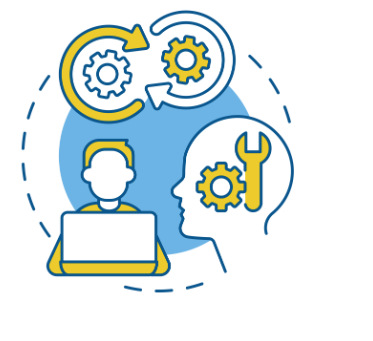
Key Principle #5: Use Feedback and Tech to Keep Improving
Customer experience isn’t one-and-done. The businesses that grow are the ones who listen, spot friction, and use tech to simplify the boring stuff.
Key Principle #5 Case Study: Surrey Homecare Hub
Surrey Homecare Hub had loyal clients, but admin was a headache. Bookings were phone-only, invoices emailed manually, and reminders were clunky. Clients were losing patience silently.
They implemented an online booking and payment system. The personal touch stayed, but the process became faster and simpler. Call volume dropped 40%, staff had more time, and clients referred friends naturally — because easy experiences get shared.
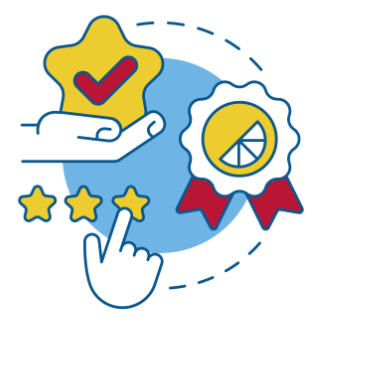
When Growth Stops Being a Grind
Here’s what happens when your customer experience runs on systems, not chaos:
- People stay longer
- Referrals increase naturally
- Your team stops firefighting
- Tasks stop falling through the cracks
- Profits rise without extra strain
It’s not about doing more; it’s about doing the right things consistently.
Take Action
Ready to Make Your Business Easier to Run (and Harder to Leave)?
Book a FREE clarity call and let’s turn your customer journey into your biggest growth tool — not your biggest gamble.
We’ll take a close look at your current systems, uncover where customers might be slipping through the cracks, and map out simple, actionable steps to make every interaction count.
By the end, you’ll have a clear plan to improve loyalty, boost referrals, and make your business easier to run — without adding more chaos or stress. Let’s make sure your customers don’t just stay, but become raving fans who help your business grow.
The only question you’ll ask yourself is: “Why haven’t I done this sooner?”
Come To An Event
Running a business can feel like you’re juggling a hundred things at once — decisions, deadlines, late nights — and no one around really gets it.
That’s exactly why we run our monthly events through the Entrepreneurship Academy and 1-2-1 Business Coaching Programmes. From half-day MasterCLASSes to quarterly 90-Day Planning sessions, you’ll get honest conversations, fresh strategies, and the chance to connect with ambitious business owners who know exactly what it’s like.
First time? Come along for free. No pressure, no sales pitch. Just a session that could genuinely change the way you run your business.


